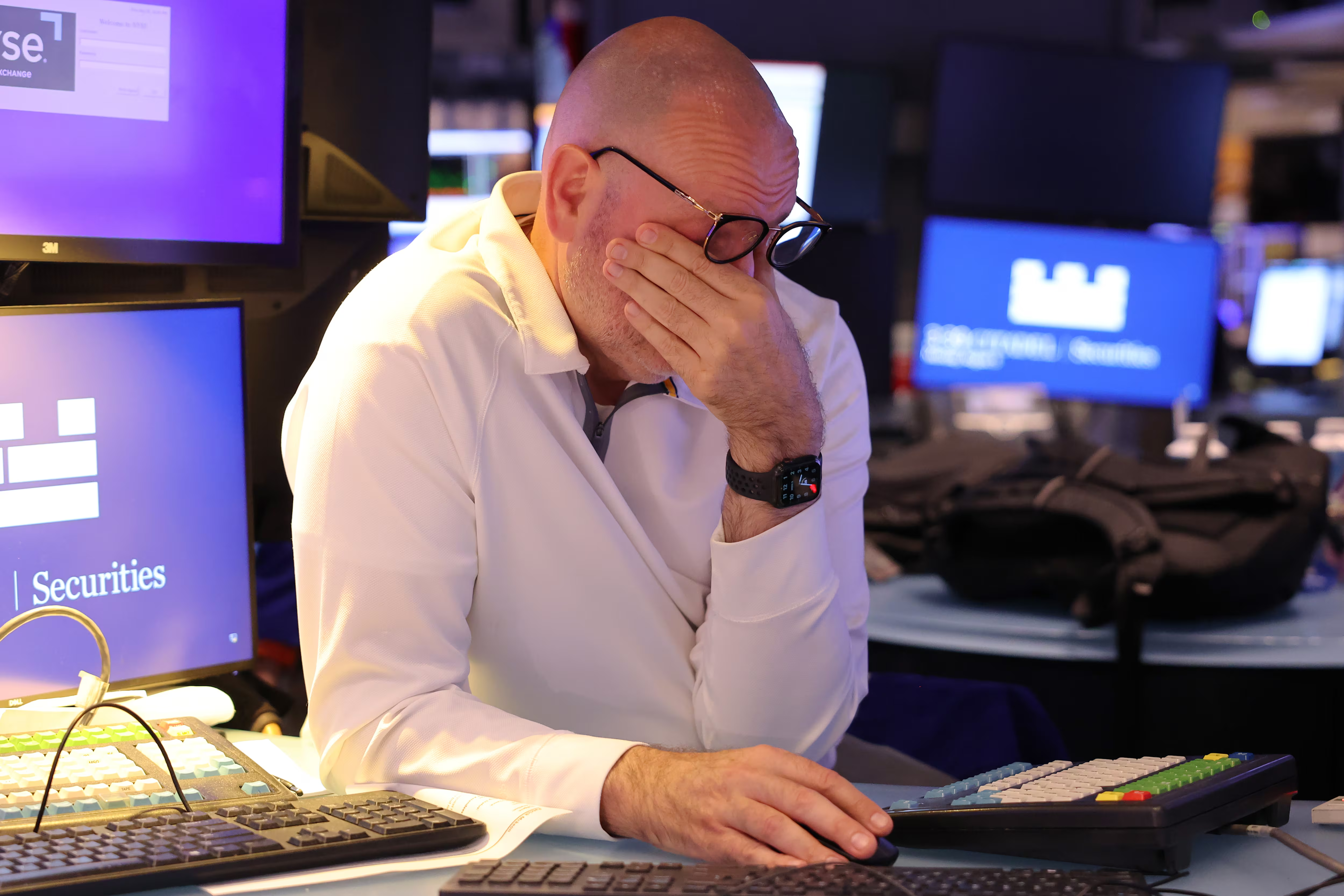For years, Christian Dawkins helped broker deals between promising young athletes and colleges and brands. While the practice wasn't legal, its existence was also an open secret.
"I was in a position advising players on what decision they may or may not make at that point," he admitted. "And, in certain cases, in certain conversations, there was compensation."
Now, the man who the New York Times called "the most honest man in college basketball" has a somewhat new career. While Dawkins was convicted in 2019 for his role in facilitating payments between teams, companies, and players, he has since co-founded Par-Lay Sports and Entertainment to help athletes and entertainers find sponsorships. And thanks to changes in the NCAA's name, image, and likeness rules — otherwise known as the NIL — college athletes are among his company's clients.
"It's business as usual, but a little bit better because now you know, resources and conversations that would have been shut down five years ago can now be had, they can now be had properly, above board. There's no hiding," he said.
In 2019, California passed legislation to allow students to receive sponsorships starting in 2023. Shortly after, the NCAA also announced it would be modifying its stance. The timeline was moved up when Florida passed a law to allow these types of deals with an effective date of July 2021, with many states following in its footsteps.
"It's sort of like people today thinking, 'How did you survive without cell phones 25 years ago?'" said Georgia Tech men's basketball head coach Joshua Paster. "It's going to be the same thing. Like how could you never, not make money off your NIL, your name, image, likeness?"
Georgia Tech was disciplined for recruiting violations, including improper benefits. Part of the punishment included having to sit out the 2019-2020 NCAA men's basketball tournament. The school is accepting those sanctions but also applauds the allowance of student-athlete endorsements.
"The reality is going to be a small token here, small amount here, something little here," Paster said. "But it's better than what they could have done prior when they weren't allowed to do that."
Whether or not college athletes should receive compensation for playing for their schools has been a hotly debated topic. Opponents have said that it may funnel more money towards more profitable and popular sports, cutting out smaller, niche programs that already struggle with resources. Plus, the value of scholarships for education is a form of compensation.
Dawkins, however, points out that the colleges make a great deal of money off of the student-athletes.
"I'm not saying that the NCAA or the schools don't provide a platform that is worth something," he said. "At the same time, without the talent, that platform is worth nothing."
Careers can be over in a second with a wrong step and a season-ending injury, he added. If the goal at the end of the day is to make enough money to support themselves and their families, then it should be up to the player to decide what the right avenue is to receive payment for their value. While there's always a chance to head straight to the professional leagues including with new groups like the NBA's G-League Ignite and Overtime Elite, they shouldn't be blocked from trying to get compensation while trying to get an education as well if that's the path they choose.
"A lot of the talents primarily that are elite-level performers on the basketball, on the football side, are more than likely African American kids," he said. "If African American talent doesn't have rights or ownership over their main image, what do they really have rights and ownership over? So, when you're talking about the whole system, it's not just a black and white sports issue. It's a much bigger cultural story, a much bigger social story."
The rule changes now have allowed Georgia Tech men's basketball point guard Michael Devoe to run a kid's basketball camp over the summer called DEV Camp.
"It changes, definitely, the game just for kids to be able to come out of high school and be able to get their name and likeness and be able to make money off of it and all that type of stuff," he admitted.
Devoe, who is a rising senior, doesn't regret his decision to go to Georgia Tech because it will give him the foundational tools to have a different career and will have helped him develop as a basketball player. While his ultimate goal is still to get to the NBA, he's studying business management and is using what he learned to help him with his offers. He thinks it's just right that players can go to college and receive endorsements.
"College basketball, it makes tons of money off of athletes," he said. "So to be able to make some money while you're in it, I mean, it's enjoyable."
Updated on December 7, 2021, at 10:22 a.m. ET with a correction to the seventh paragraph. Georgia Tech was not disciplined for paying players but for boosters providing impermissible benefits on behalf of the program.












